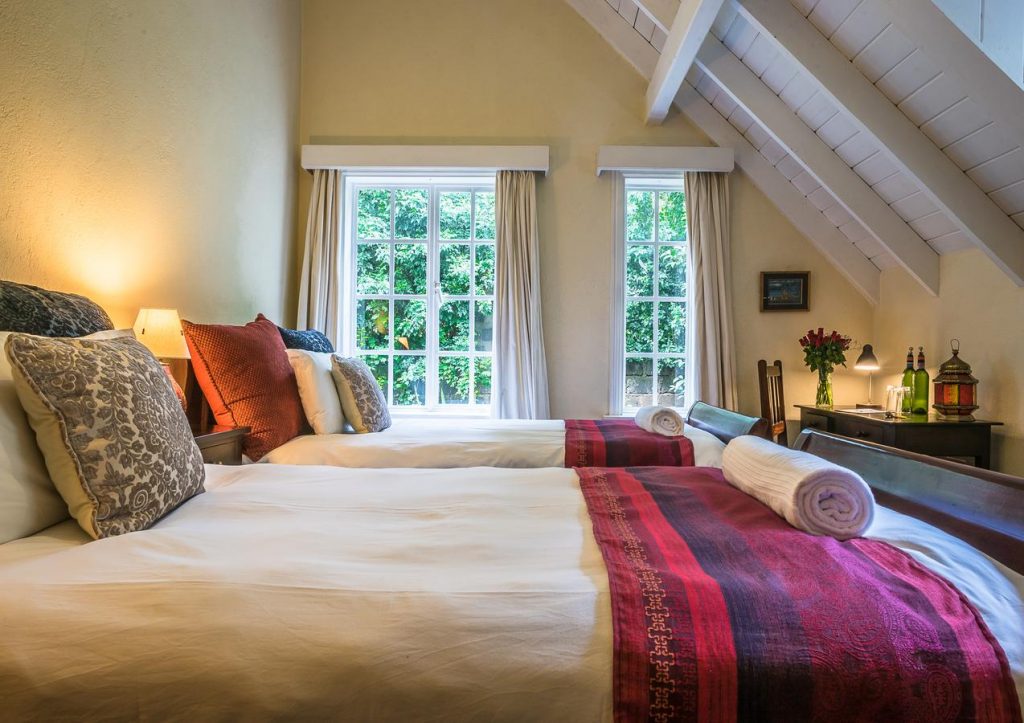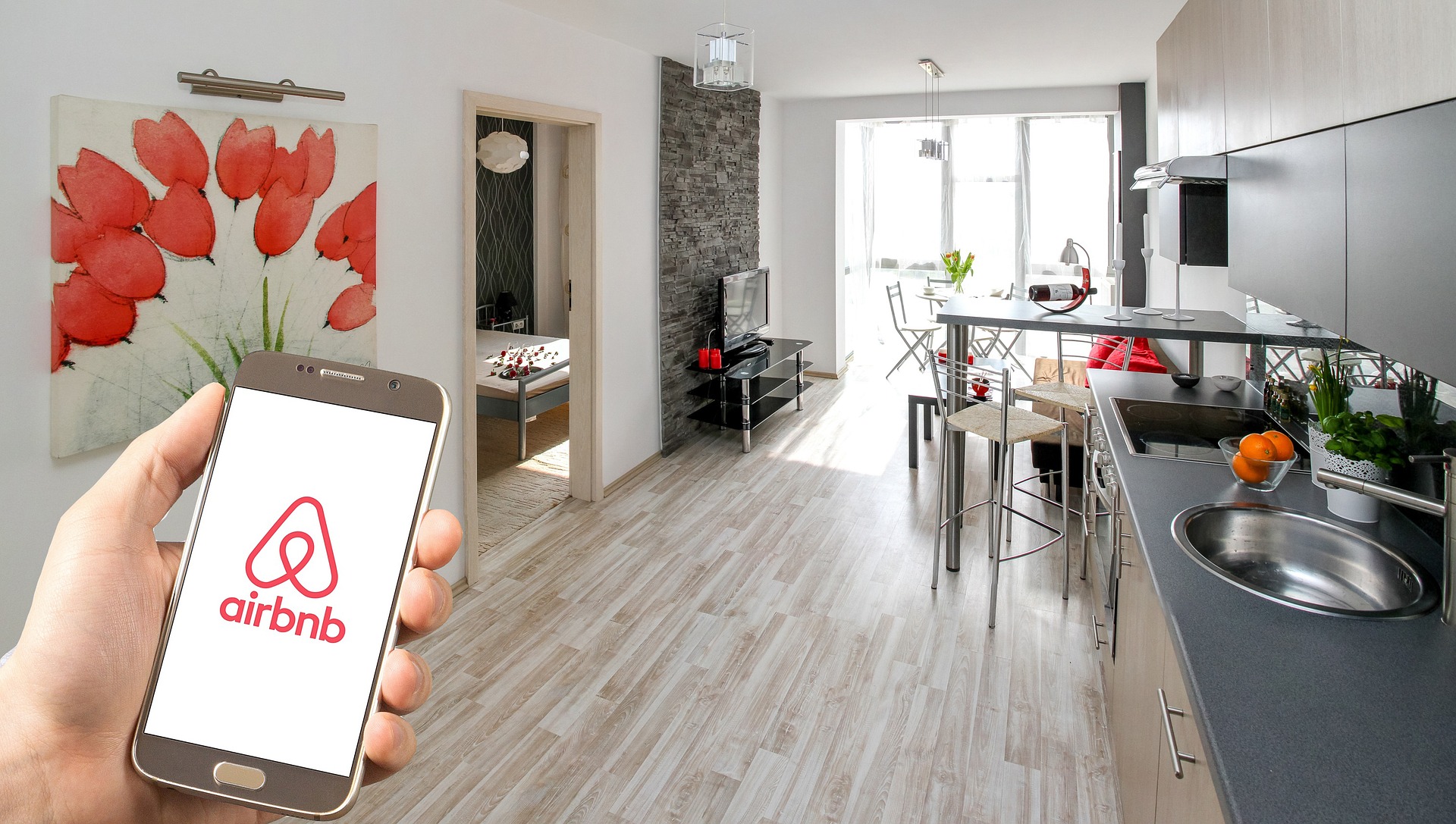Airbnb is fast growing in Kenya, and with the high revenue it continues to bring in, is it safe to say that the hotel industry is in danger? Is it possible that Airbnb will take over the industry leaving hotels crumbling down? And can Airbnb cater to clients with the same prestige as hotels?
Well, while the essentials and basics required by the hospitality industry are met, Airbnb offers a different experience than what hotels have to offer. For those who are interested in experiencing the culture, and living as the people live, Airbnb’s are located outside the hotel district therefore would best suit these tourists.

Locally, the tourism industry is very shaky. For starters, Airbnb has allowed Kenyans to afford the economic opportunity of monetizing a spare room by renting it out to tourists and giving them a home-away from home experience.
The fact that Airbnb’s are cheaper makes things harder for hotels, since charges can go as low as Ksh 2500 a night. Compared to hotels in destinations such as the Coast, this is a competitive rate and the tourist will most likely choose Airbnb over sleeping in a hotel for say Ksh 30,000 a night.

Since the launch of Airbnb in 2008, the accommodation listing platform has amassed up to millions of rooms worldwide, hosting tens of millions of clients, raking in revenue of up to 100 billion in its fourth quarter.
In 2018, Airbnb took more than half a billion from the traditional tourism earners and put them in individuals’ pockets. This in itself shows that the hotel industry is in dire need of upgrading their services and openly projecting their importance in order to remain relevant.
Airbnb has attracted travelers in need of adventure, an escape without the traditional norms of tourism, which happens to be a huge percentage of tourists and especially millennials.
But even as this trend catches on, we need to ask ourselves; will Airbnb’s really overtake the hotel industry? Even as they promise adventure, will they also offer the security needed by tourists? Will they offer world class service required by most of these tourists? Is this just a trend that will die off? Let’s wait and see.


